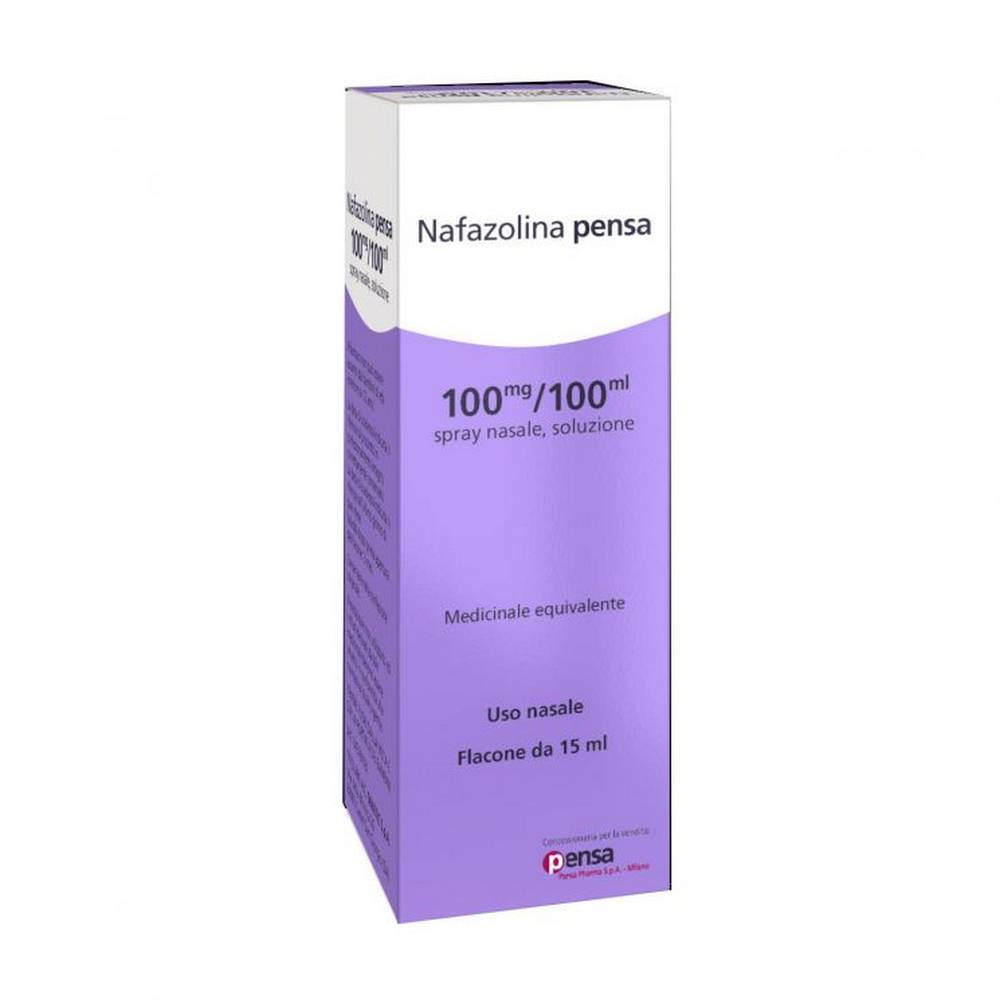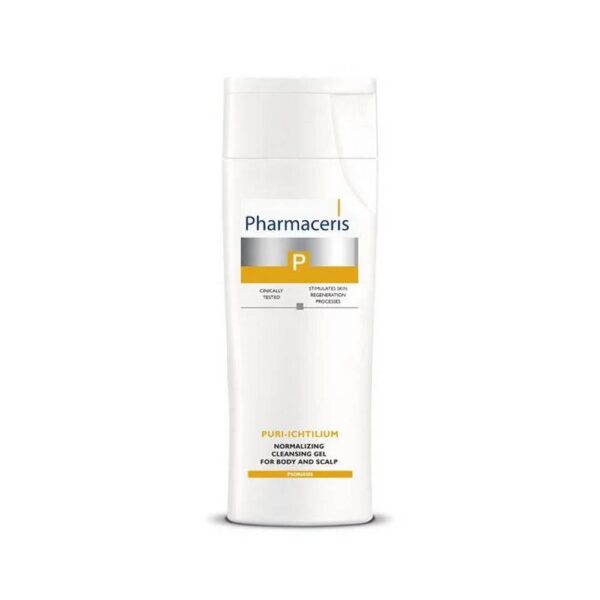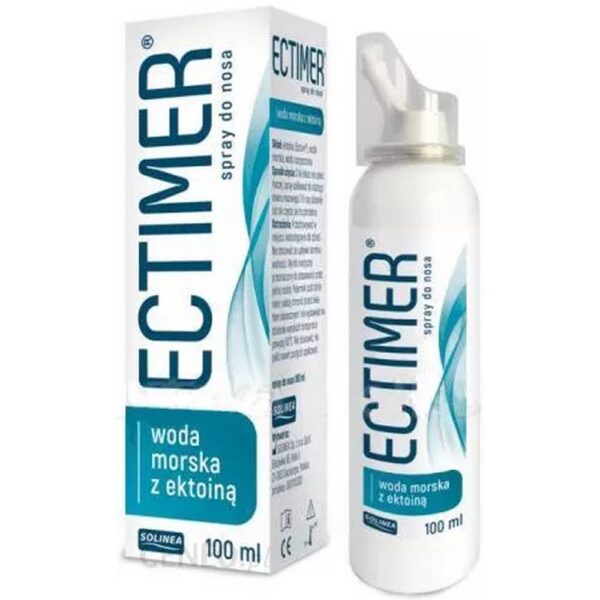Назальное противоотечное средство при острых катаральных ринитах и фарингитах, аллергических ринитах, острых синуситах.
Противопоказания
Повышенная чувствительность к действующему веществу или к любому из вспомогательных веществ. Серьезные болезни сердца и высокое кровяное давление. Глаукома. Гипертиреоз. Препарат противопоказан детям до 12 лет. Не применять во время и в течение двух недель после терапии антидепрессантами.
Дозировка
Взрослые: по 1-2 впрыскивания в каждую ноздрю 2-3 раза в день. Детская популяция : препарат противопоказан детям в возрасте до 12 лет (см. раздел 4.3). Строго придерживаться рекомендуемых доз. Более высокая доза продукта даже при местном применении и в течение короткого периода времени может привести к серьезным системным эффектам. При отсутствии полного терапевтического ответа в течение нескольких дней обратитесь к врачу; в любом случае лечение не следует продолжать более недели.
место хранения
Хранить в оригинальной упаковке.
Предупреждения
С осторожностью применять у пожилых людей и у пациентов с гипертрофией предстательной железы из-за опасности задержки мочи. У пациентов с сердечно-сосудистыми заболеваниями, особенно у пациентов с артериальной гипертензией, применение назальных деконгестантов в любом случае должно время от времени подвергаться оценке врача. Длительное применение сосудосуживающих средств может изменить нормальную функцию слизистой оболочки носа и околоносовых пазух, вызывая также привыкание к препарату. Повторение приложений в течение длительного периода времени может быть вредным. Хлорид бензалкония (ВАС), содержащийся в качестве консерванта в назальном спрее НАФАЗОЛИНА ПЕНСА, особенно при длительном применении, может вызвать отек слизистой оболочки носа. При подозрении на такую реакцию (постоянная заложенность носа) следует по возможности использовать назальные препараты, не содержащие БАК. Если такие назальные препараты без BAC недоступны, следует рассмотреть возможность применения другой лекарственной формы. Это может вызвать бронхоспазм. Использование, особенно в течение длительного времени, продуктов для местного применения может привести к явлениям сенсибилизации; в этом случае необходимо прервать лечение и при необходимости назначить подходящую терапию. Сообщалось о редких случаях задней обратимой энцефалопатии/синдрома обратимой церебральной вазоконстрикции при применении симпатомиметиков, к которым относится и нафазолин. Сообщаемые симптомы включают внезапное появление сильной головной боли, тошноты, рвоты и нарушений зрения. В большинстве случаев состояние улучшается или проходит в течение нескольких дней при соответствующем лечении.
Взаимодействия
Препарат может взаимодействовать с антидепрессантами.
Nasal decongestant for acute catarrhal rhinitis and pharyngitis, allergic rhinitis, acute sinusitis.
Contraindications
Hypersensitivity to the active substance or to any of the excipients. Serious heart disease and high blood pressure. Glaucoma. Hyperthyroidism. The drug is contraindicated in children under 12 years of age. Do not use during and within two weeks after antidepressant therapy.
Dosage
Adults: 1-2 sprays in each nostril 2-3 times a day. Pediatric population: the drug is contraindicated in children under 12 years of age (see section 4.3). Strictly adhere to the recommended doses. A higher dose of the product, even when applied topically and for a short period of time, can lead to serious systemic effects. If there is no complete therapeutic response within a few days, consult a doctor; in any case, treatment should not be continued for more than a week.
storage
Store in original packaging.
Warnings
Use with caution in the elderly and in patients with prostatic hypertrophy due to the risk of urinary retention. In patients with cardiovascular disease, especially in patients with arterial hypertension, the use of nasal decongestants should in any case be evaluated by a physician from time to time. Long-term use of vasoconstrictors can change the normal function of the nasal mucosa and paranasal sinuses, also causing addiction to the drug. Repeating applications over a long period of time can be harmful. Benzalkonium chloride (BAC) contained as a preservative in NAPHAZOLIN PENSA nasal spray, especially with prolonged use, can cause swelling of the nasal mucosa. If such a reaction (permanent nasal congestion) is suspected, BAC-free nasal preparations should be used whenever possible. If such BAC-free nasal preparations are not available, a different dosage form should be considered. This can cause bronchospasm. The use, especially for a long time, of topical products can lead to sensitization phenomena; in this case, it is necessary to interrupt the treatment and, if necessary, prescribe an appropriate therapy. Rare cases of posterior reversible encephalopathy/reversible cerebral vasoconstriction syndrome have been reported with the use of sympathomimetics, which include naphazoline. Reported symptoms include sudden onset of severe headache, nausea, vomiting, and visual disturbances. In most cases, the condition improves or resolves within a few days with appropriate treatment.
Interactions
The drug may interact with antidepressants.
Décongestionnant nasal pour les rhinites et pharyngites aiguës catarrhales, rhinites allergiques, sinusites aiguës.
Contre-indications
Hypersensibilité à la substance active ou à l’un des excipients. Maladie cardiaque grave et hypertension artérielle. Glaucome. Hyperthyroïdie. Le médicament est contre-indiqué chez les enfants de moins de 12 ans. Ne pas utiliser pendant et dans les deux semaines suivant un traitement antidépresseur.
Dosage
Adultes : 1 à 2 pulvérisations dans chaque narine 2 à 3 fois par jour. Population pédiatrique : le médicament est contre-indiqué chez l’enfant de moins de 12 ans (voir rubrique 4.3). Respectez scrupuleusement les doses recommandées. Une dose plus élevée du produit, même lorsqu’elle est appliquée localement et pendant une courte période, peut entraîner des effets systémiques graves. S’il n’y a pas de réponse thérapeutique complète en quelques jours, consultez un médecin; dans tous les cas, le traitement ne doit pas être poursuivi plus d’une semaine.
espace de rangement
Conserver dans l’emballage d’origine.
Avertissements
Utiliser avec prudence chez les personnes âgées et chez les patients présentant une hypertrophie prostatique en raison du risque de rétention urinaire. Chez les patients atteints de maladies cardiovasculaires, en particulier chez les patients souffrant d’hypertension artérielle, l’utilisation de décongestionnants nasaux doit dans tous les cas être évaluée de temps à autre par un médecin. L’utilisation à long terme de vasoconstricteurs peut modifier le fonctionnement normal de la muqueuse nasale et des sinus paranasaux, entraînant également une dépendance au médicament. Des applications répétées sur une longue période peuvent être nocives. Le chlorure de benzalkonium (BAC), contenu comme conservateur dans le spray nasal NAPHAZOLINE PENSA, en particulier en cas d’utilisation prolongée, peut provoquer un gonflement de la muqueuse nasale. Si une telle réaction (congestion nasale permanente) est suspectée, des préparations nasales sans BAC doivent être utilisées dans la mesure du possible. Si de telles préparations nasales sans BAC ne sont pas disponibles, une forme posologique différente doit être envisagée. Cela peut provoquer un bronchospasme. L’utilisation, surtout prolongée, de produits topiques peut entraîner des phénomènes de sensibilisation ; dans ce cas, il faut interrompre le traitement et, si nécessaire, prescrire une thérapeutique appropriée. De rares cas d’encéphalopathie postérieure réversible/syndrome de vasoconstriction cérébrale réversible ont été rapportés avec l’utilisation de sympathomimétiques, dont la naphazoline. Les symptômes rapportés comprennent l’apparition soudaine de maux de tête sévères, de nausées, de vomissements et de troubles visuels. Dans la plupart des cas, la condition s’améliore ou se résout en quelques jours avec un traitement approprié.
Interactions
Le médicament peut interagir avec les antidépresseurs.
Price Naphazoline Pence 15
Buy Naphazoline Pence 15
Naphazoline Pence 15
Naphazoline Pence 15











